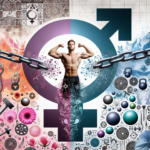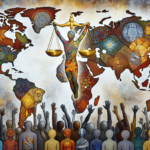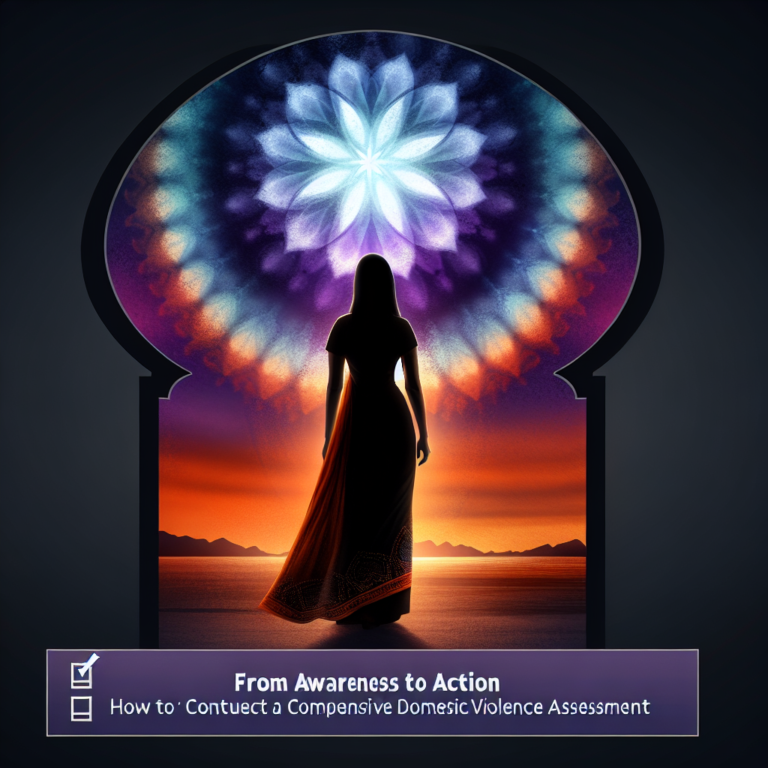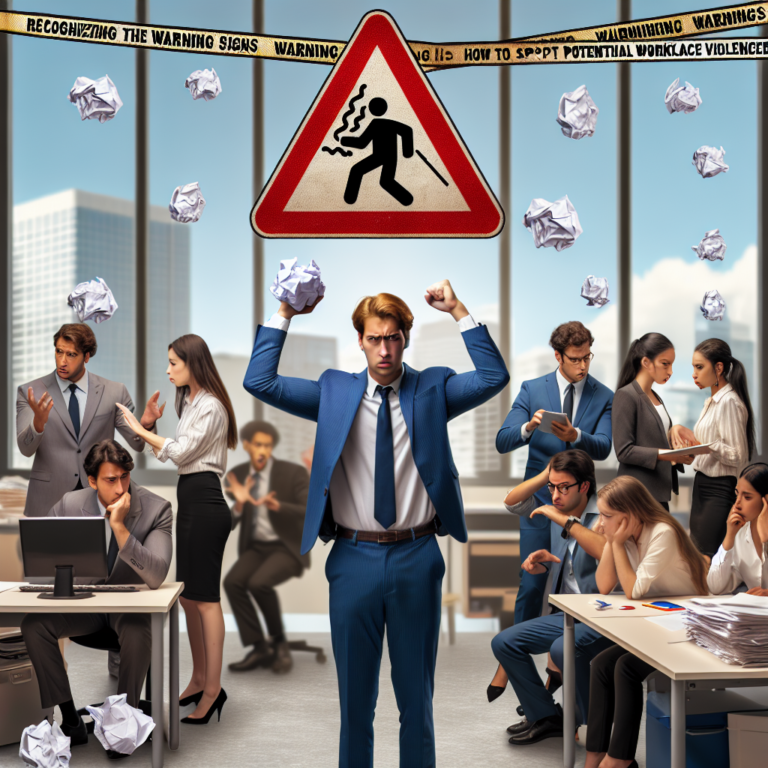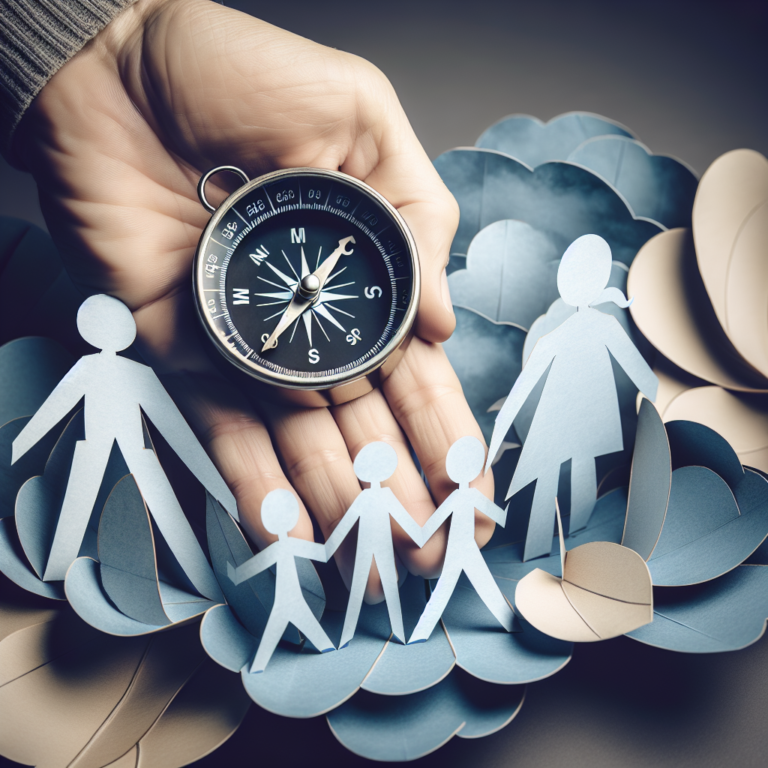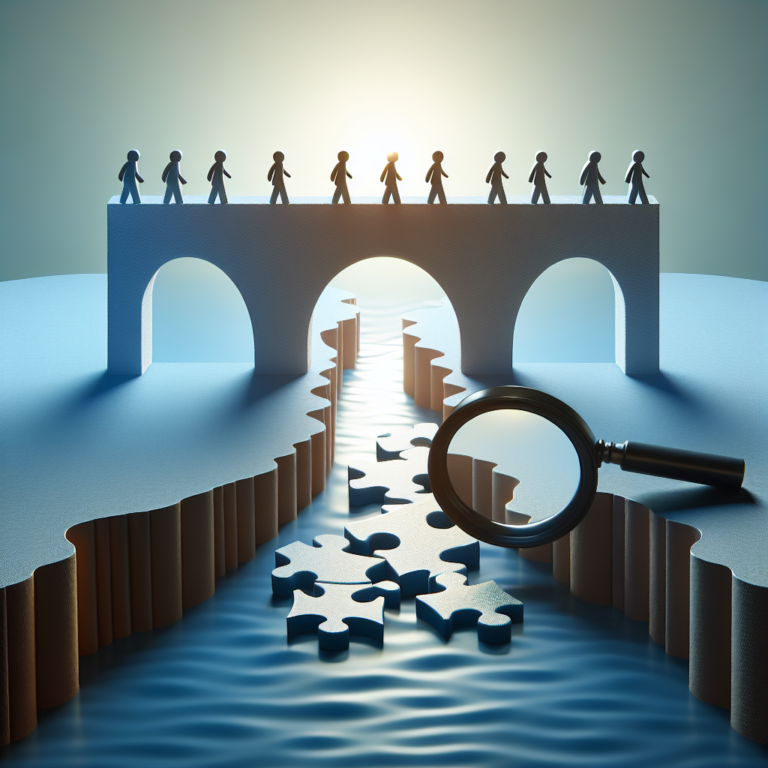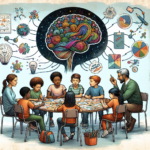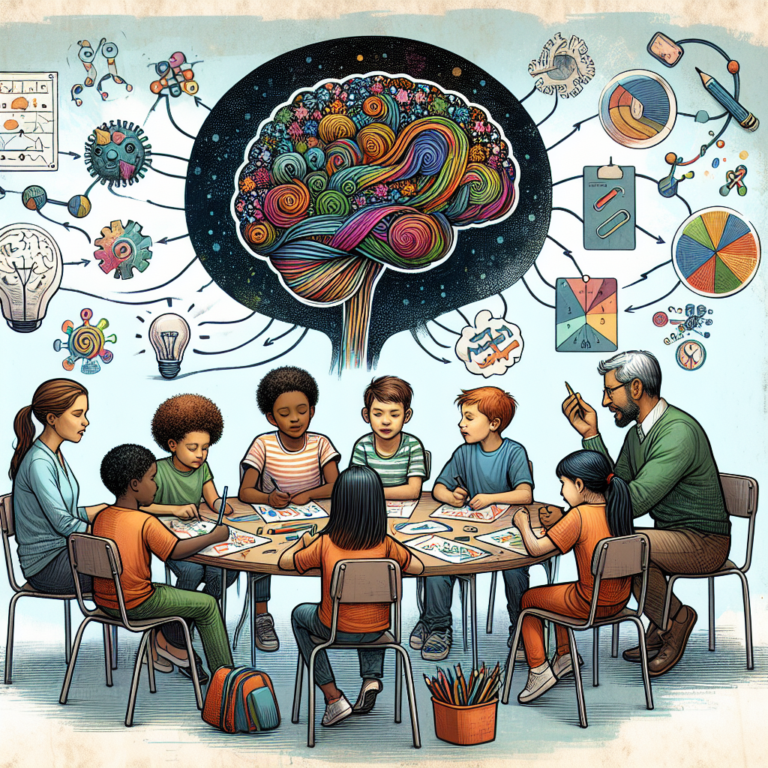
Introduction
In the world of law, cold facts and rigid statutes often seem to rule the day. However, emotions play a vital and intricate role in shaping legal decisions. From jury deliberations to courtroom rhetoric, the intersection of law and emotion reveals how deeply personal feelings can sway outcomes, often outweighing empirical evidence. As we delve into The Intersection of Law and Emotion: How Feelings Shape Legal Decisions, you’ll uncover the profound implications that human emotions have on justice, presenting an enlightening perspective that resonates with everyone, whether you’re a legal professional or simply an engaged citizen.
Understanding the Legal Framework: Law’s Cold Logic vs. Human Emotion
The Traditional View of Law
For centuries, the law has been viewed as a rational system guided by impartial rules and statutes. Legal practitioners often emphasize facts, logic, and structured argumentation. This traditional perspective posits that decisions should be based solely on evidence and legal precedents.
The Role of Emotions in Legal Decisions
However, the reality is that the law is not merely a mechanical application of rules. Emotions frequently color judgments and influence how individuals interpret laws. Consider how a judge’s mood or a jury’s emotional responses may lead to unexpected verdicts. Factors such as empathy, moral outrage, or sympathy can dramatically shift perspectives and result in different outcomes.
Case Study: The Impact of Emotions in Murder Trials
In high-profile murder trials, we often see emotions at play. Take the case of O.J. Simpson, where public sentiment and media portrayal shaped the judicial process. The jury was influenced not just by the evidence but also by emotions surrounding race, celebrity, and public pressure. This trial serves as a perfect illustration of The Intersection of Law and Emotion: How Feelings Shape Legal Decisions.
Emotion and Jury Decision-Making
The Psychology of Jury Deliberations
Jurors are human beings, susceptible to emotions just like anyone else. Research shows that jurors are not merely fact-finders; they are also emotional beings whose feelings can influence their interpretations of evidence.
| Emotion | Potential Impact on Jurors |
|---|---|
| Empathy | Can lead to more lenient verdicts in cases involving personal stories. |
| Anger | Can result in harsher judgments against offenders perceived as despicable. |
| Fear | May incite a desire for retribution, influencing interpretations of self-defense. |
Case Study: The Importance of Empathy in Sentencing
Consider a case in which a young man was sentenced for a non-violent drug offense. The jury learned that he had a sick mother depending on him. Many jurors felt an empathetic connection, compelling them to advocate for leniency. This situation highlights The Intersection of Law and Emotion: How Feelings Shape Legal Decisions, emphasizing how empathy can lead to seemingly irrational verdicts that reflect deeper human values.
Legal Rhetoric: How Emotion Shapes Arguments
Persuasion Through Emotional Appeals
Lawyers often wield emotions as a strategic weapon. By appealing to a jury’s feelings, a lawyer can dramatically shift the narrative. During opening statements and closing arguments, the emotional story can grab hearts where dry facts fail.
Case Study: Emotional Appeals in Defense
Take the case of a battered spouse who committed a crime in a moment of anger. The defense attorney portrayed her suffering, evoking sympathy and anger against her abuser. The result was a more favorable verdict than a fact-based argument would have likely produced. Here again, we see The Intersection of Law and Emotion: How Feelings Shape Legal Decisions at work.
The Judicial Process: Judges and Emotions
A Judge’s Emotional Intelligence
Judges are expected to be impartial, yet they are also human. Studies indicate that judges’ decisions can be swayed by their emotional states. A judge’s personal beliefs and feelings can inadvertently leak into their rulings, impacting outcomes.
| Judicial Factors | Emotional Influence |
|---|---|
| Personal background | May garner empathy in cases involving similar life experiences. |
| Emotional response to cases | Can lead to leniency or severity depending on emotional resonance. |
Case Study: Sentencing Discrepancies
In two cases with similar charges, one judge imposed a harsh sentence, influenced by a strong personal belief in deterrence; another opted for rehabilitation based on compassion. This discrepancy underscores the vital role that a judge’s emotions can play in the legal landscape.
Legal Ethics and Emotion
Balancing Emotion with Ethical Considerations
Legal professionals walk a fine line between effective emotional communication and ethical obligation. It raises the question: Should emotions have any place in law?
Case Study: Prosecutorial Discretion
Consider a prosecutor who shows overt emotion in the courtroom. While a passionate presentation can resonate with jurors, it may also breach ethical lines, impacting the fairness of the trial. Balancing emotion and ethics highlights The Intersection of Law and Emotion: How Feelings Shape Legal Decisions and the complexities of navigating both realms.
Cultural Context: Emotions in Law Across Cultures
Global Perspectives on Emotions
Cultural norms shape emotional responses in legal contexts. What invokes empathy or anger in one culture may be viewed differently in another, impacting how laws are interpreted and enforced.
Case Study: Restorative Justice Models
In some cultures, restorative justice emphasizes healing over punishment. This model prioritizes community emotions and feelings of the victim over retribution. This practice illustrates a broader understanding of The Intersection of Law and Emotion: How Feelings Shape Legal Decisions across different societies.
Future Implications: The Role of Emotion in Modern Law
Integrating Emotional Intelligence Training
As we recognize the pervasive influence of emotions, law schools are beginning to incorporate emotional intelligence training. Understanding how to navigate emotions can improve lawyering skills and lead to fairer outcomes.
The Road Ahead
Emotional intelligence will likely become an essential part of legal education, helping future lawyers and judges understand and manage their feelings and the feelings of others. As we evolve in our understanding of The Intersection of Law and Emotion: How Feelings Shape Legal Decisions, we can aspire to a more just legal system.
Conclusion
As we’ve explored, the legal system cannot operate in isolation from the human experience. The Intersection of Law and Emotion: How Feelings Shape Legal Decisions emphasizes that laws are shaped not only by statutes but also by the complex emotional fabric of society. Understanding this intersection motivates us to foster a legal environment that incorporates empathy, justice, and ethical considerations.
Actionable Takeaway
Consider how you can apply emotional intelligence in your own interactions—whether in legal settings, workplaces, or personal life—transforming conflicts into opportunities for understanding and collaboration.
FAQs
1. How do emotions influence jury verdicts?
Emotions can lead jurors to empathize with defendants or victims, potentially overshadowing factual evidence and resulting in more lenient or harsher verdicts.
2. Can a judge’s personal feelings affect their decisions?
Yes, judges are human, and their emotions can influence their interpretations and rulings, leading to discrepancies in sentencing for similar cases.
3. Where does the balance lie between law and emotion?
While the law aims for objectivity, understanding emotions is essential for achieving justice. Striving for a balance is key to fair legal outcomes.
4. Why are emotional appeals important in legal arguments?
Emotional appeals can engage jurors on a personal level, making them more receptive to the narrative being presented, ultimately influencing their decisions.
5. Will the integration of emotional intelligence in law improve outcomes?
Yes, incorporating emotional intelligence can enhance understanding and communication within the legal process, potentially leading to fairer and more just outcomes for all involved.
By engaging with The Intersection of Law and Emotion: How Feelings Shape Legal Decisions, we can enhance our comprehension of human behavior’s role in legal realms, fostering a justice system that embraces humanity.
